- wine@tommasi.com
- Via ronchetto 4 37029 San Pietro in Cariano Italy

Tommasi Naturae represents our commitment to producing quality wines with care and respect for the environment at every stage of production, in the vineyard, and in the winery, with attention also to the well-being of our collaborators. A great wine is born from dedication and respect for the land and the people. With Tommasi Naturae, you can taste our commitment to producing excellent, characterful organic wines that amaze.
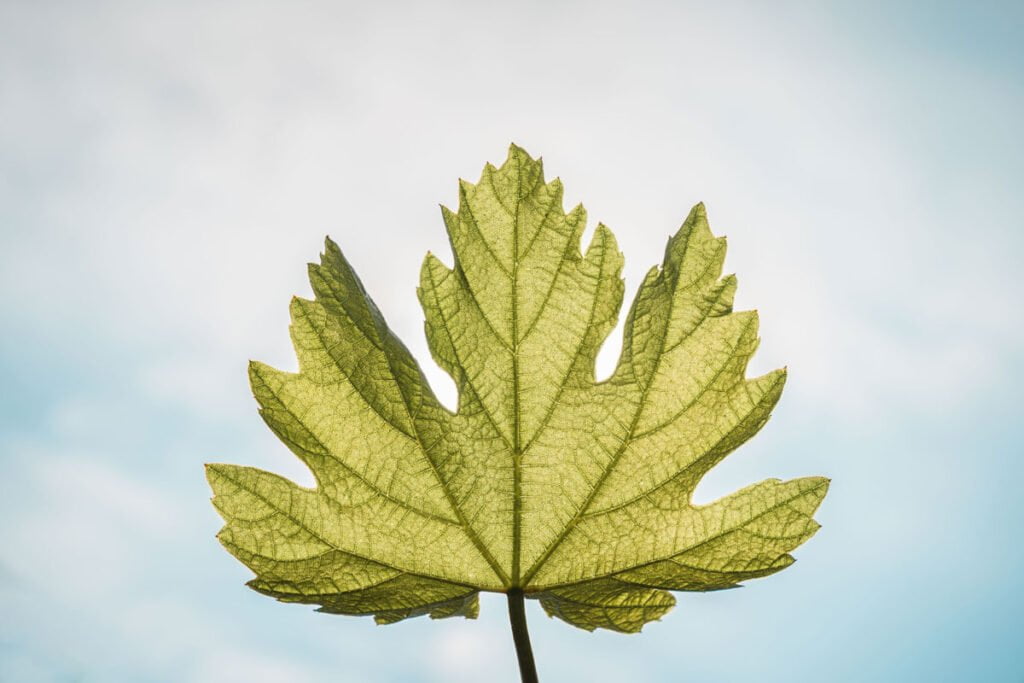
Philosophy
“Only with great commitment in every stage of production, from the vineyard to the bottle, can we achieve excellent wines. Similarly, only with attention and respect for the environment can we obtain wines that are also eco-sustainable.”
Vineyard
The good practices adopted by Tommasi in the vineyards are a necessary tool for producing perfectly healthy and high-quality grapes while minimizing environmental impact. The integrated production system ensures eco-sustainable management of all agricultural practices.
Winery
Tommasi also has an ecological approach in the winery. We have optimized resources and the management of the winery to the best of our ability. Various procedures allow us to work in full respect of the environment, avoiding waste and always recycling when possible.
Product
Wine first and foremost!
The entire range of Tommasi Family Estates wines is produced with a commitment to creating high-quality wines while promoting a deep love for the land. We have designed the packaging with the utmost attention to eco-sustainability: lightweight glass bottles, organically certified corks, and recycled paper.
Our commitment day by day
Vineyard
Integrated control
Tommasi has adopted an integrated production system that ensures the eco-sustainable management of agricultural activities. Tommasi was the first to use a special low-impact sprayer to control the amount of substances sprayed on the vineyards. The company has long introduced the monitoring of climatic parameters (precipitation, temperature, humidity, etc.) and forecasting models to reduce the use of pesticides to avoid unnecessary interventions. We schedule treatments based on the data received and recorded. We are pursuing quality and sustainability by using organic fertilization and thinning of the grapes.
We adopt supplementary irrigation systems and drip irrigation, which allow us to save water and fertilizers by letting water drip slowly and directly onto the roots, thereby rationalizing the use of natural resources such as soil, water, air, and energy.
Vineyard grassing and fertilization
We promote biodiversity by allowing plants (a mix of legumes and grasses) to grow inside and around the vineyard. Biodiversity helps regulate the vineyard soil by attracting beneficial insects, spiders, and predatory mites, as well as providing shelter and food (pollen, nectar), thus reducing the need for chemical pesticides or insecticides. What cannot be fully controlled through biodiversity is managed organically, using plant or mineral extracts that leave residues in the soil. We do not use any chemical weed control, preferring to let the grass grow. Weeds and grass are periodically mowed and left to decay in the soil as an excellent organic fertilizer.
Good practices in the vineyards are a necessary tool for producing healthy and high-quality grapes while minimizing environmental impact. We have started organic cultivation in Maremma Toscana with Doganella wines, but the main organic project is Surani in Maduria, where the entire cultivation is 100% organic.
Night harvest
On the path to sustainability, Tommasi has particularly focused on reducing energy consumption. At the Prunèe estate, for example, Tommasi practices night harvesting of Pinot Grigio grapes to take advantage of the temperature difference between day and night, saving 75% of the energy used for cooling the grapes before pressing.
The value of pomace and processing residues
At the end of the wine processing, pomace and lees are reused as natural fertilizers in the vineyard. It’s the closure of the circle, teaching us that from the grape to the pomace, everything returns to the vineyard to give new life.
Sexual confusion
Tommasi was one of the first to adopt the "sexual confusion" method in the vineyard. This method disrupts the male/female recognition of undesirable insects by continuously spreading synthetic pheromone equivalents in the air around the vineyard. The males become disoriented and can no longer find the females. Mating is thus prevented, there are no destructive caterpillars, and the fruit is preserved without the need for chemical sprays.
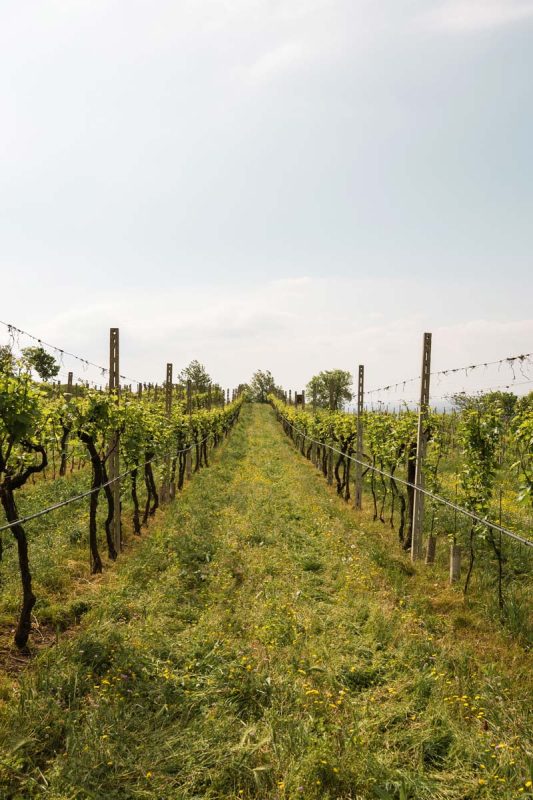
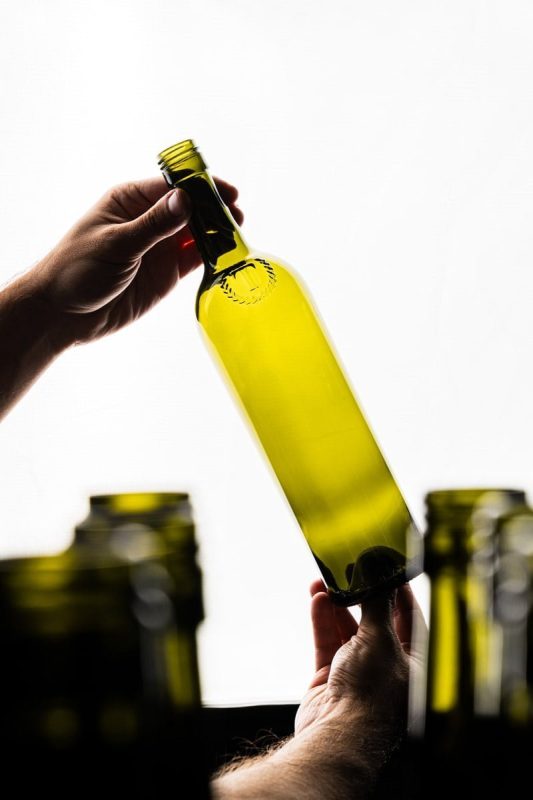
Product
Branding
The new logo was created with the idea of combining the TOMMASI logo, a guarantee of great wines since 1902, with the word NATURAE, from the Latin "for nature," and a GREEN LEAF, a symbol associated with the organic and eco-sustainable world. With Tommasi Naturae, we want to highlight the philosophy of this new path: we believe in sustainable management of natural and physical resources and maintain a balanced and integrated approach in all our estates.
Lightweight glass
Lightweight glass is one of the features of Tommasi Naturae. With our bottle supplier, we decided to collaborate to design an elegant and significant bottle using only 420 grams of glass per bottle. From Verallia's Ecova range, we chose a bottle that is 30% lighter than classic models, with the least environmental impact in their production line. Tommasi was awarded the Ecofriendly prize by Buoni Vini d'Italia and Verallia for its commitment to environmental protection for two consecutive years (2014 and 2015).
Organically certified corks
A daily commitment. We believe that our work speaks for itself. From the vineyard to the bottle, there is no quality without respect for the environment. Navigate and discover our commitment to environmental protection with good eco-sustainable practices. We decided to take an extra step and choose organic corks for all our wines. Grupo Piedade, our organic cork supplier, produces cork stoppers from materials originating in organic agriculture. This range of cork stoppers is obtained from 2,000 hectares of cork oak forest, with organic farming and FSC certification.
Labels and cardboard packaging
All printed labels are on FSC-certified paper, as are the cardboard packaging. FSC stands for Forest Stewardship Council, an organization that promotes the practice of sustainable forestry worldwide. Forest Stewardship Council certification gives customers the option to choose forest-derived products such as paper and wood that are environmentally friendly, socially responsible, and economically sustainable. We have also abandoned polystyrene packaging to reduce pollution and the use of plastic materials.
Winery
Solar panels
Another important contribution to sustainability is the production of clean energy from renewable sources. Solar panel systems are installed on the roof of the winery in Pedemonte, saving CO2 emissions. These panels also function as a water heating system for both personal and industrial use. The rest of the energy comes from clean sources such as natural gas.
Water reuse
We have a water treatment system that allows us to reuse water.
Underground cellars
The aging cellars are 10 meters below ground level so we can control the relative humidity. Since the underground temperature is always stable, we can avoid the use of air conditioning. The fermentation tanks are indoors, allowing for easier temperature control and minimizing energy consumption.
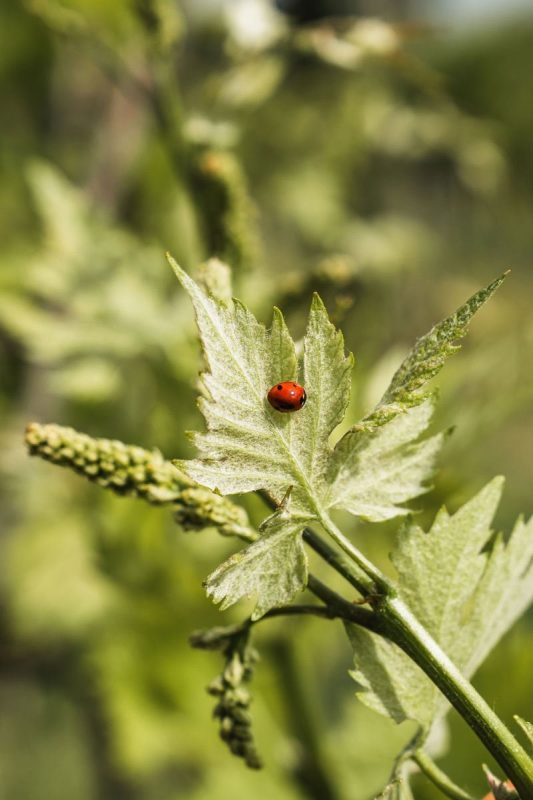
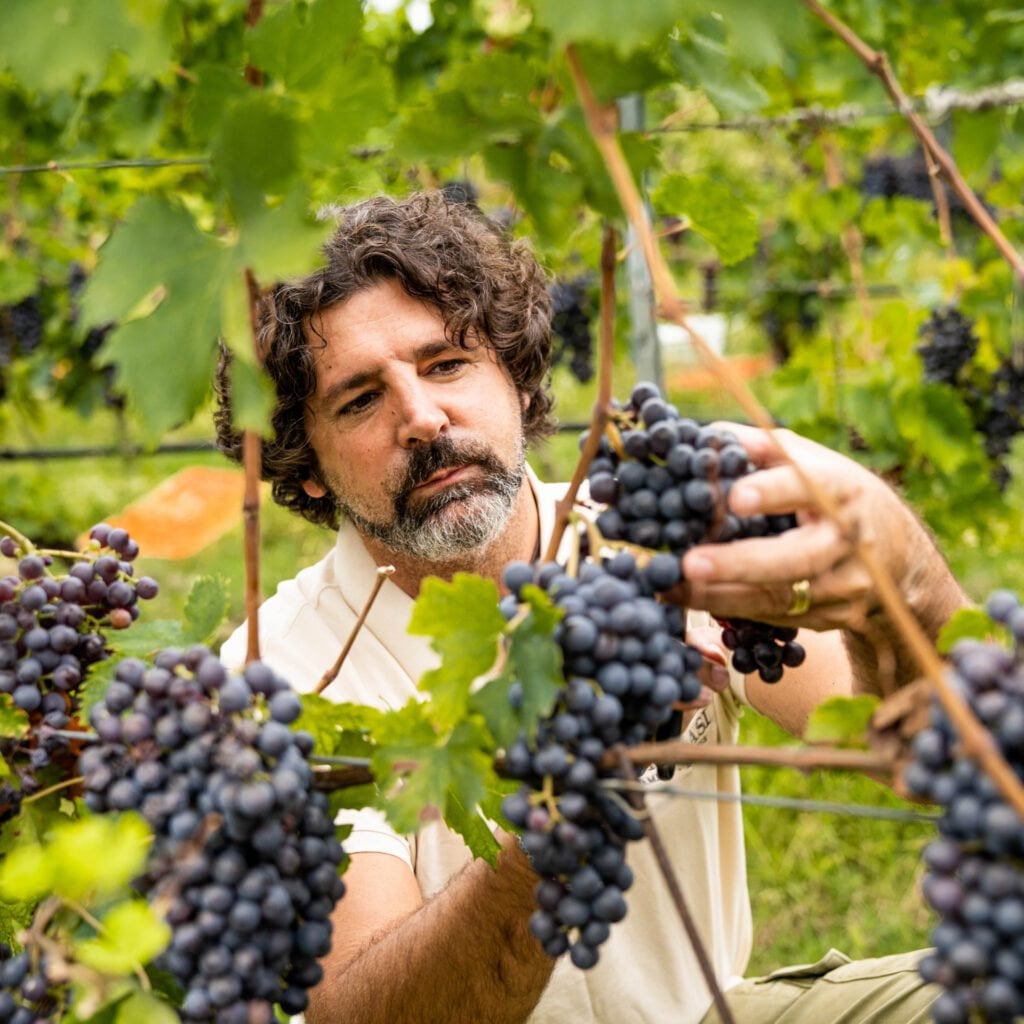
Giancarlo Tommasi

“Our desire is to cultivate the land and to maintain a respectful approach in order to leave a better world for future generations. We promote the sustainable management of natural resources, land, air and water, and believe in balanced and integrated methods. We have developed a model for sustainable viticulture, which allows us to produce wines from our vineyards in a way that is environmentally responsible and economically sustainable, helping to secure a long-term future of high-quality wine production.”
